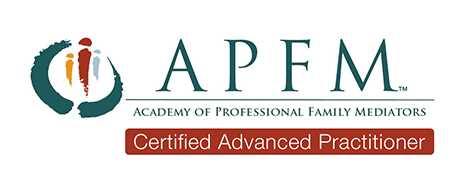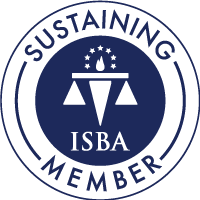Divorce Coaching–The Personal Support You Need in Divorce
Step 1–Create a vision
The decision to separate or divorce is intensely personal, and can be experienced as an isolating,
lonely and sometimes frightening journey. Some have described it as “stepping out into a black
hole.” Even when there has been significant individual or marital counseling the necessity of
making life-changing decisions while in an emotional storm can be intimidating.
It helps to have at least a vision of your potential future post-divorce life:
- Where will you live?
- What work will you pursue? How will you pay the bills?
- What opportunities, foregone for the sake of the marriage, would you like to recapture?
- What kind of a parent do you want to be?
- How can you help the children to thrive?
Working with a coach to clarify vision and define priorities prepares you for navigating the
conciliation process. It also helps to have a third-party perspective on the historical obstacles to
successful discussion/negotiation with your soon to be ex-partner.
Step 2–Prepare for substantive issues
Financial issues. Divorce requires couples to negotiate assets, liabilities, child support, and
maintenance. For many, these issues prove daunting. A coach helps you understand the
terminology, pull together necessary financial documents, and consider the context as you enter
divorce negotiations.
Parenting issues. Many parents struggle with parenting on the best of days, let alone in the midst
of a trauma–like divorce. Developing parenting plans, defining roles, and easing children through
the transition of divorce taxes even the best of parents. A coach help parents understand the
impact of divorce on children and how to work cooperatively with the other parent to create
healthy homes where children can thrive.
Step 3–Develop healthy communication patterns an rebuilding trust
Conflict hinders communication. Broken trust destroys it. Couples facing divorce have often
developed long-standing patterns of communication that hinder working together, let alone
rebuilding the trust necessary to successfully co-parent together.
To negotiate effectively, you must communicate well. To parent well, you need to communicate.
Coaches help you learn patterns that increase clarity and establish shared expectations thus
reducing conflict. Constructive communications patterns are critical to working together in
conciliation and for your children’s future.
Step 4–Set new boundaries
Divorce means redefining the relationship with your co-parent. Setting healthy boundaries eases
the transition. Boundaries:
Establish the line between what you still share with your former spouse and what you
don’t,
Enable you to take ownership of the decisions that are yours, and
Prevent you from entering areas that no longer concern you.
Coaches help you define how to interact with both your former spouse and your children,
creating a more stable post-divorce life for everyone.
Coaching is not counseling. Coaches are future and process oriented, not past focused. They are
focused on developing strategies, not addressing personality or mental health issues. Coaches do
not substitute for therapists, they work with therapists to identify strategies to support progress
through the conciliation process.






